DDP Annual Report 2024 – Use of Fossil Fuels
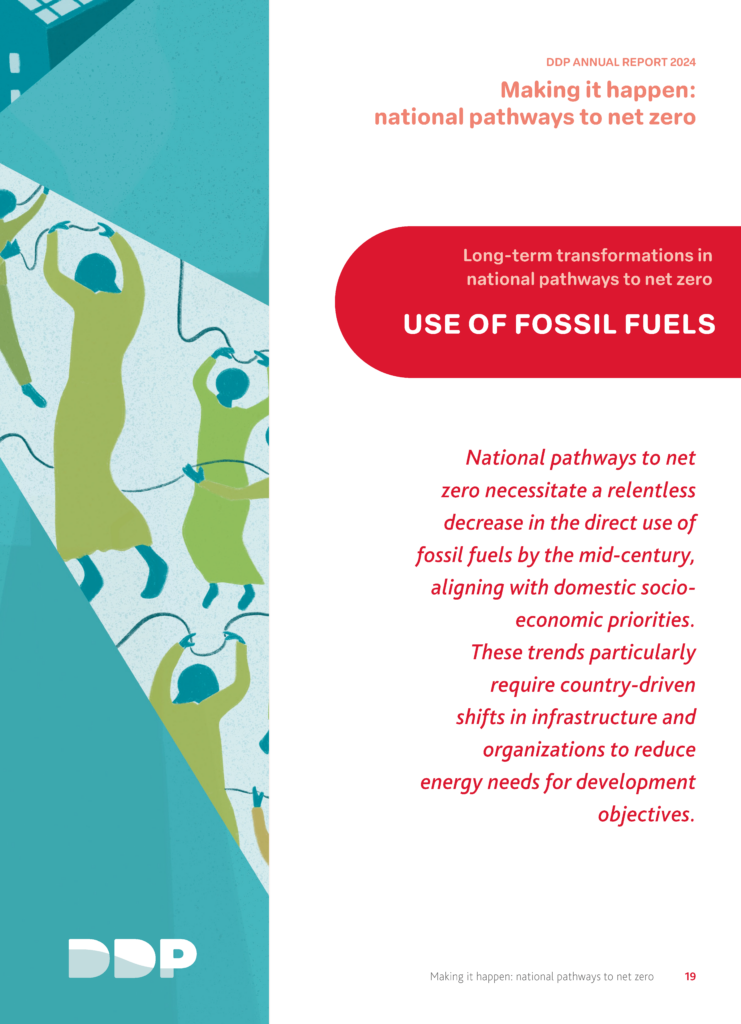
National pathways to net zero necessitate a relentless decrease in the direct use of fossil fuels by the mid-century, aligning with domestic socio-economic priorities.
These trends particularly require country-driven shifts in infrastructure and organizations to reduce energy needs for development objectives.
Maritime Transport at France Info

Yann Briand interviewed by France Info about Maritime Transport, an interview in collaboration with The Shift and a group of French Companies
South Africa In-country Work
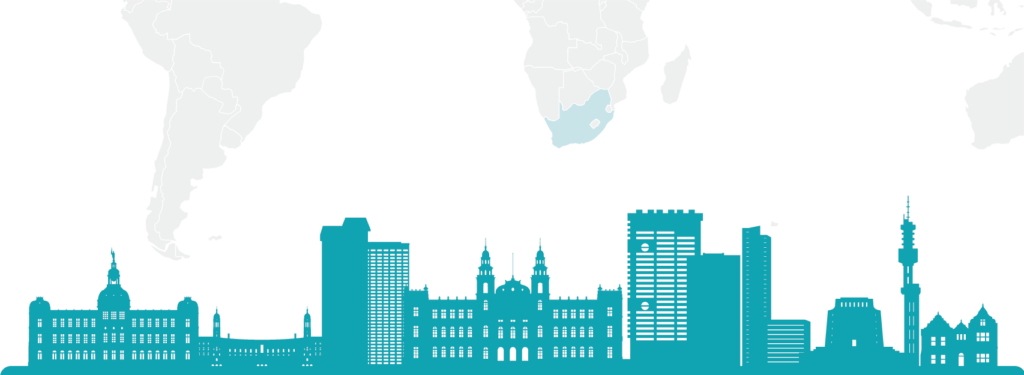
Net Zero & long-term planning | Clean power and energy systems | Coal transitions | Land-use and food transformations | National systemic transformations | Sustainable Transitions & socio-economic implications of the transitions | Finance and business engagement | Development & climate interface | International climate collaborations | Governance & public policy | Industrial decarbonization Adaptation to impacts of climate change
Indonesia In-country Work
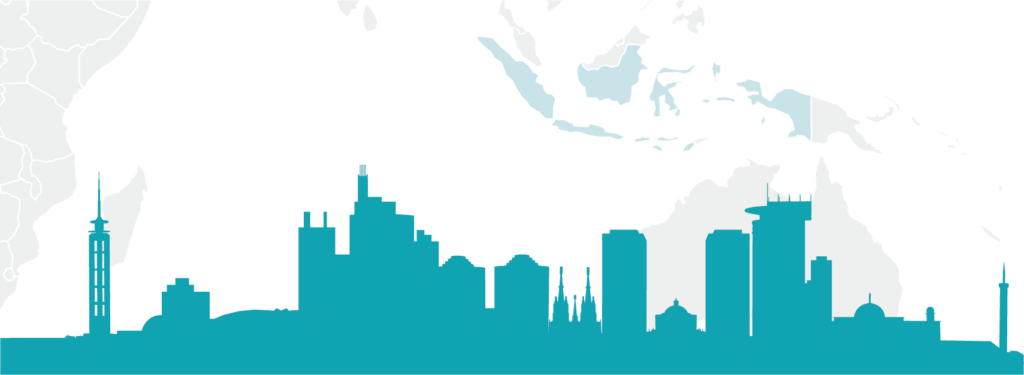
Net Zero & long-term planning | Clean power and energy systems | Coal transitions | Land-use and food transformations | National systemic transformations | Sustainable Transitions & socio-economic implications of the transitions | Finance and business engagement | Development & climate interface | International climate collaborations | Governance & public policy | Industrial decarbonization Adaptation to impacts of climate change
‘Hopeless and broken’: why the world’s top climate scientists are in despair

Bande dessinée – Horizon climatique, Rencontre avec neuf scientifiques du G.I.E.C.

Un “Nutri-score” pour le transport maritime avec l’objectif de décarboner le secteur (vidéo) – Play RTS

Partenariats pour une transition énergétique juste : un modèle à la (dure) épreuve de la réalité

2050 is now: Aligning climate action with long-term climate and development goals
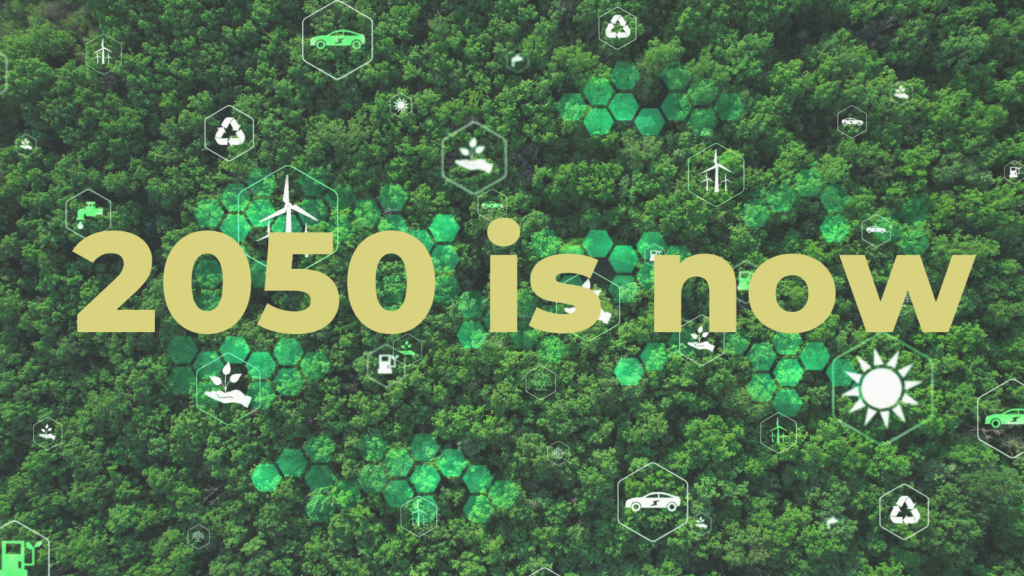
This project will provide governments and in-country research institutes and other relevant stakeholders with tools and analysis to strengthen Long-term strategies on the mitigation of greenhouse gases (LTS) with a strong focus on energy and land-use and food systems, in line with national development goals. Therefore the project will help to align short- and medium-term sectoral, economic and national development plans with LTS, including supporting a just transition. This includes to identify opportunities to enhance Nationally Determined Contributions (NDCs), on the basis of LTS, while achieving development goals…
Argentina In-country Work
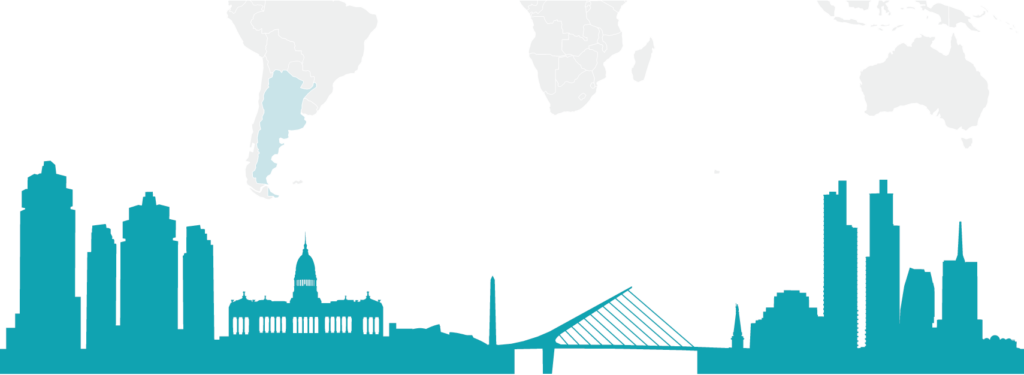
Net Zero & long-term planning | Clean power and energy systems | Land-use and food transformations | National systemic transformations | Just Transitions & socio-economic implications of the transitions | Development & climate interface | Natural Gas transitions | Industrial decarbonization Energy Policy